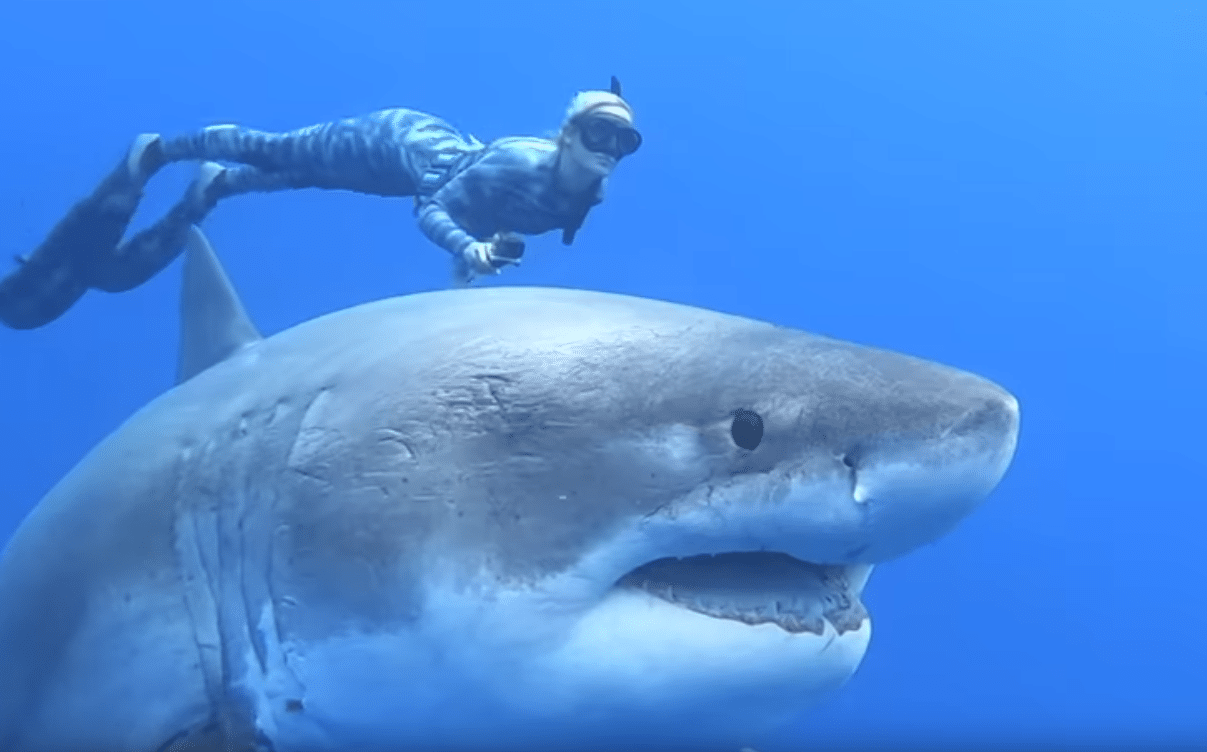
“What’s the best college major?” The answer is, “The one you will love!” That’s not to sound Pollyanna, rather it recognizes the #1 predictor of future career success….job satisfaction. Below are the top majors for jobs:
1. What degree has the most job opportunities? (Forbes)
There’s no better way to answer this question than to list the top 10 college majors by the percentage of graduates who received at least one job offer while still in school:
- Computer Science: 68.7%
- Economics: 61.5%
- Accounting: 61.2%
- Engineering: 59%
- Business Administration: 54.3%
- Sociology/Social Work: 42.5%
- Mathematics/Statistics: 40.3%
- Psychology: 39.2%
- History/Political Science: 38.9%
- Healthcare: 37.8%
Yes, graduates in these majors receive a lot of attention from employers. However, if you want to ensure your success after college, the key is not the major, it’s what you do outside of the major, including but not limited to:
- Internships
- Volunteering
- Part-time Jobs
- Professional Associations
- Research Projects (that you volunteer for, not ones that are assigned in class)
- Service Learning
- Community Projects (raising money for a non-profit)
- Student Clubs
- Leadership Positions
There are over 150 things students can do to build their resume, many of which cost very little and take very little time. If you don’t know what those are, register with career services or connect with a MyCollegeMax Coach! In the end, most employers will agree, it’s not the college you attend, it’s the major; and it’s not the major, it’s everything you do outside of the major that matters most!
Steven J. Harvey, Ph.D.
CEO, My Campus Max (MyCollegeMax.com) LLC













